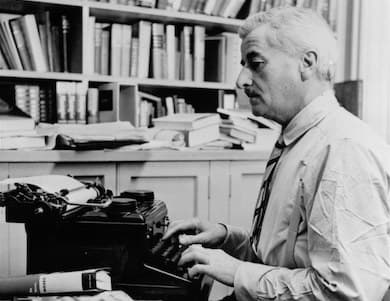The Role of Falkner in the Rise of Faulkner
W.C. Falkner, known as the Old Colonel, had a dashing career. To William Faulkner, the tales about his great-grandfather were the stuff of legend, and he transformed them into the character of Colonel John Sartoris.

‘To the Ramparts of Infinity: Colonel W.C. Falkner and the Ripley Railroad’
By Jack D. Elliott Jr.
University Press of Mississippi, 408 pages
Please check your email.
A verification code has been sent to
Didn't get a code? Click to resend.
To continue reading, please select:
Enter your email to read for FREE
Get 1 FREE article
Join the Sun for a PENNY A DAY
$0.01/day for 60 days
Cancel anytime
100% ad free experience
Unlimited article and commenting access
Full annual dues ($120) billed after 60 days

